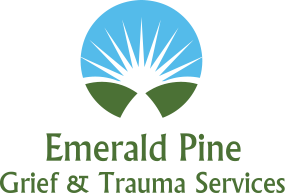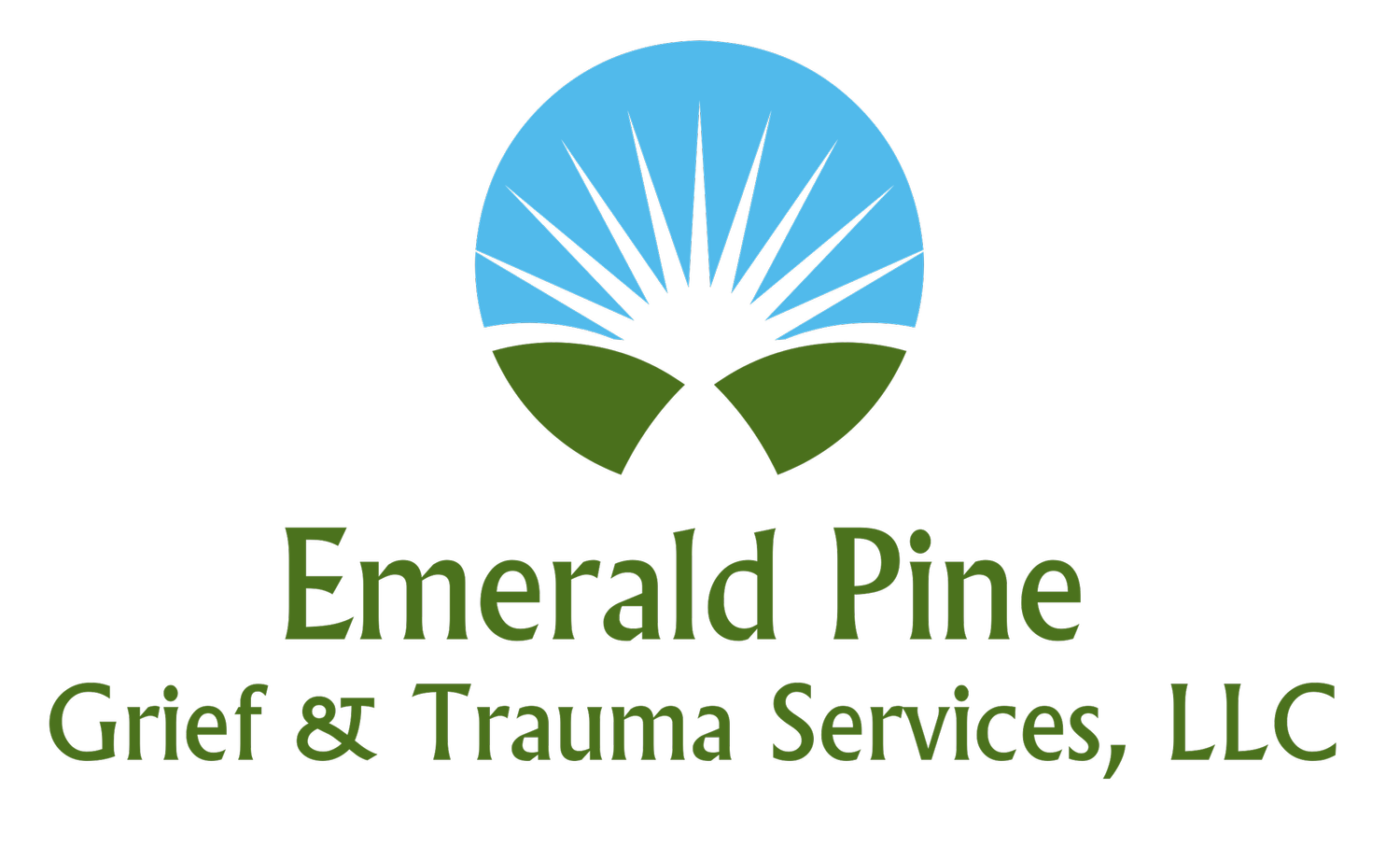
Frequently Asked Questions
WHAT IS TRAUMA?
Trauma is an emotional response to a terrible event that can take an emotional and physical toll on your body and mental well-being.
WHAT IS GRIEF?
There are two types of grief: Acute and Complicated.
Acute grief is the early, normal, natural, and universal emotional response to change or loss of any kind that can be intense and all-encompassing. It can also be the result of unmet hopes, dreams, and expectations and the loss of intangible concepts.
Complicated grief is more intense or lasts longer than a culture may consider typical. This grief may cause someone to be preoccupied with their loss in a way that makes them feel a disruption to daily life.
WHAT IS THE DIFFERENCE BETWEEN CLINICAL SOCIAL WORKERS AND COUNSELORS?
Clinical social workers and counselors are professionals in the mental health field who provide support and therapy to individuals facing emotional, psychological, and behavioral challenges. While they share some similarities, they also have key differences in their training, approach, and scope of practice. Here are the main distinctions between clinical social workers and counselors:
1. Educational Background:
Clinical Social Workers: They hold a Master of Social Work (MSW) degree, which focuses on applying social work principles and theories to address mental health issues. The MSW degree typically includes supervised clinical practice. Clinical social workers are trained to understand the impact of social systems and environmental factors on clients' well-being.
Counselors: They usually hold a Master's degree in counseling or a related field. The training focuses on counseling techniques, theories, and therapeutic interventions to help clients address personal and emotional challenges.
2. Scope of Practice:
Clinical Social Workers: They have a broader scope of practice beyond mental health counseling. Clinical social workers can also address issues related to social and environmental factors that impact clients' lives, such as poverty, housing, family dynamics, and community resources.
Counselors: Their primary focus is mental health counseling and helping individuals cope with emotional and psychological issues. While counselors may consider some environmental factors, their scope centers more on the individual's internal struggles.
3. Approach and Techniques:
Clinical Social Workers: Their approach is informed by the principles of social work, which emphasize the impact of social systems and the importance of a client's environment. They may use various therapeutic techniques, including cognitive-behavioral therapy, psychodynamic therapy, and family systems therapy.
Counselors: They typically employ counseling techniques, such as talk therapy, cognitive-behavioral therapy (CBT), solution-focused therapy, and other evidence-based interventions to address emotional and behavioral challenges.
Choosing the right option depends on several factors, including your personal preferences, the specific issues you are facing, and your desired outcomes from therapy:
If you believe that social and environmental factors significantly contribute to your challenges or are dealing with complex life situations, a clinical social worker might be a better fit.
A counselor could be a suitable choice if you are primarily seeking mental health counseling for emotional or psychological issues.
Consider the therapist's experience and specialization. Some counselors might specialize in specific areas (e.g., marriage and family counseling, substance abuse, trauma). At the same time, clinical social workers may have expertise in areas like community advocacy and support.
In both cases, it's essential to research and inquire about the therapist's credentials, experience, and approach to ensure they align with your needs and goals. The therapeutic relationship and rapport with the therapist are also crucial factors in the effectiveness of therapy.
The specialists at Emerald Pine Grief & Trauma Services are here to guide you on the best solutions that fit your specific needs. Contact us today to schedule a consultation.
HOW DO WE GET STARTED TOGETHER?
Contact us either by email at Emeraldpine@icloud.com or by phone at 330-546-0199, and let us know that you are interested in a service we provide. A staff member will reach out to you by phone and have a brief conversation to determine if we are a potential good fit to meet your need at this time.
If so, they will gather some information and then ask that our Administrative Assistant send you information to be completed and returned before the scheduled appointment so we can better serve you.
The initial appointment with our intake person will be to review and discuss the information you submitted and whether group or individual sessions will be more beneficial to your specific needs. Our staff will also identify strengths and any other matters that may need to be addressed prior to group or individual work in this practice.
We have learned that group care is the most effective care for grievers as they feel more supported, but we are not limited to this. Often times those with trauma prefer individual care, and that is acceptable as well. Remember you know you best, and this is your care.

